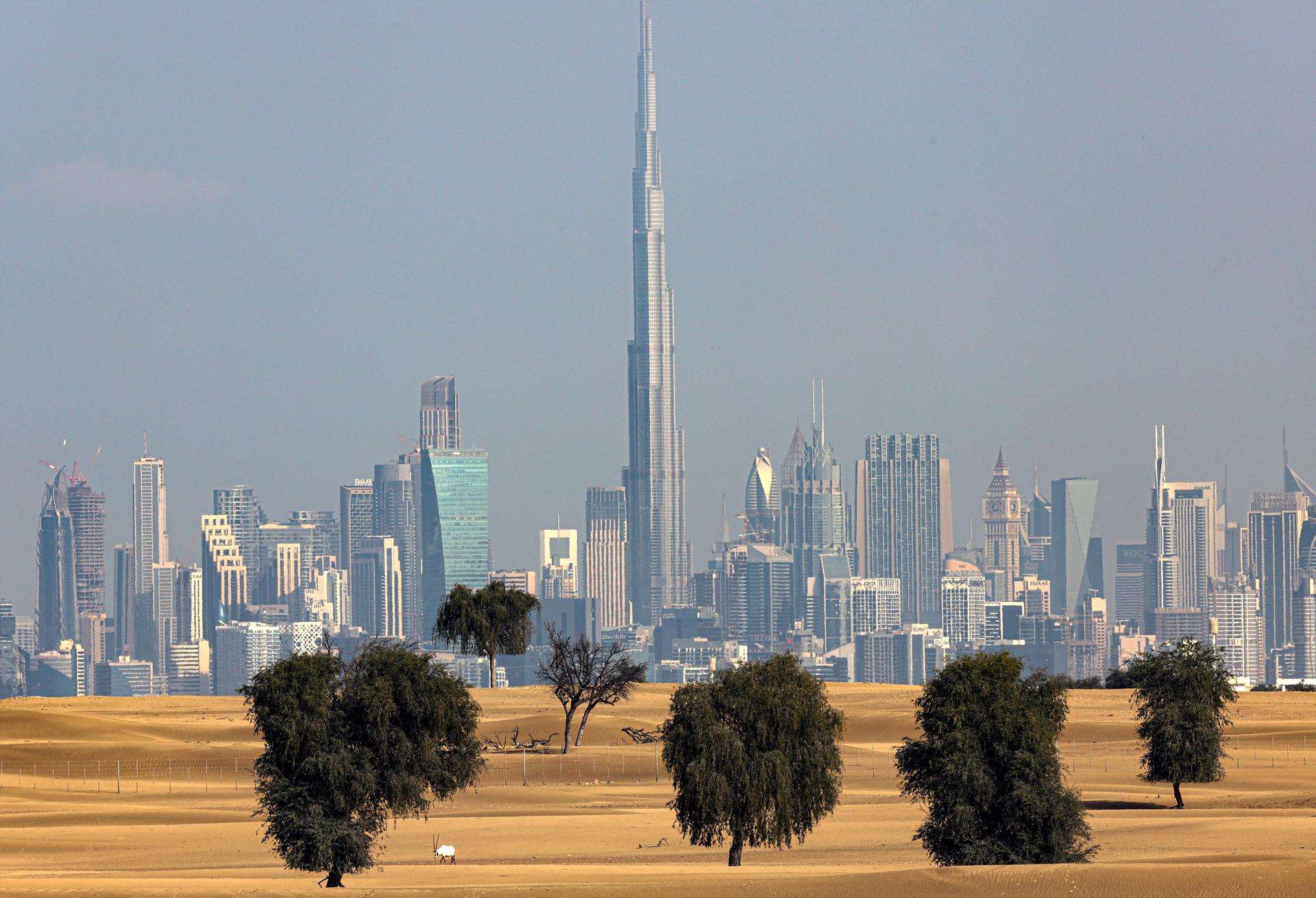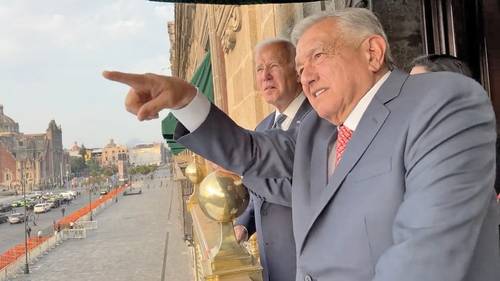United Arab Emirates issued this Tuesday a resolution that prohibits from January 1, 2024 the import, production and circulation of single-use plastic products such as bags, cutlery and containers with the aim of protecting the environment and reduce waste of this type.
The official Emirati news agency WAM pointed out that this measure goes beyond the outlawing of single-use plastic bags and also includes biodegradable bags, according to a report from efe.
The new #plastics treaty should include measures that specifically target the emission of #microplastics and address plastics emissions to #fresh water environments, our co-authors argue
Op-ed ➡️ https://t.co/24woaplOu1@D_Roy_Water @IISD_Water @ChelseaRochman @EdenHataley #INC1
—IISD SDGs (@IISD_SDGs) December 1, 2022
In this same context, “as of January 1, 2026, the import, production or circulation of consumer plastic products such as cups, soft drink lids, food containers and Styrofoam boxes is prohibited.”
In addition, the resolution invites both competent authorities and consumers to apply and ratify the mechanisms and practices to reduce the production and consumption of single-use products, which include boxes and packaging made partially or totally with plastic materials.
According to the information, the objective of this measure is to “reinforce and promote the principle of environmental sustainability at the federal and local level to take care of the environment from contamination derived from the consumption of these products.”
Some emirates in the country, such as Dubai, adopted this policy of limiting single-use plastic bags on July 1, 2022, in addition to applying a fee for their purchase in all stores as a first deterrent measure.
In this way, Dubai anticipates the application of green measures with a view to the next international summit on climate change of the United Nations COP28, which is scheduled between November 30 and December 12, 2023.
At this annual meeting, nearly 200 countries must agree on how to reduce global GHG emissions, raise more funding to help developing countries adapt to climate impacts, and contribute to mitigation efforts.














